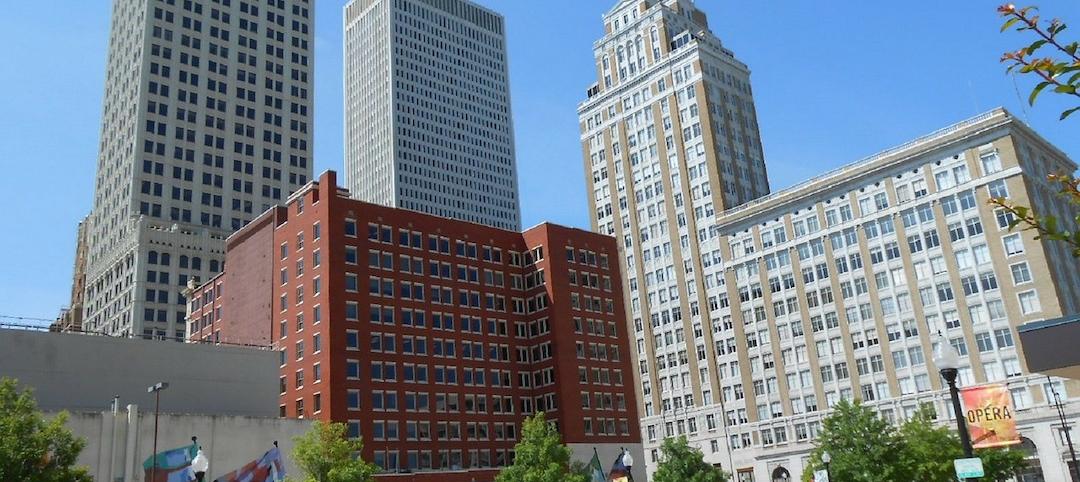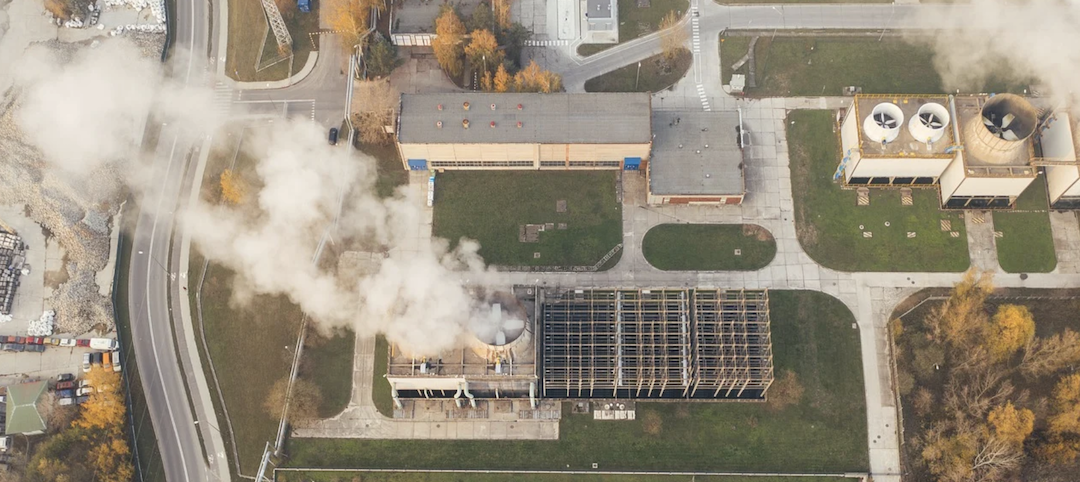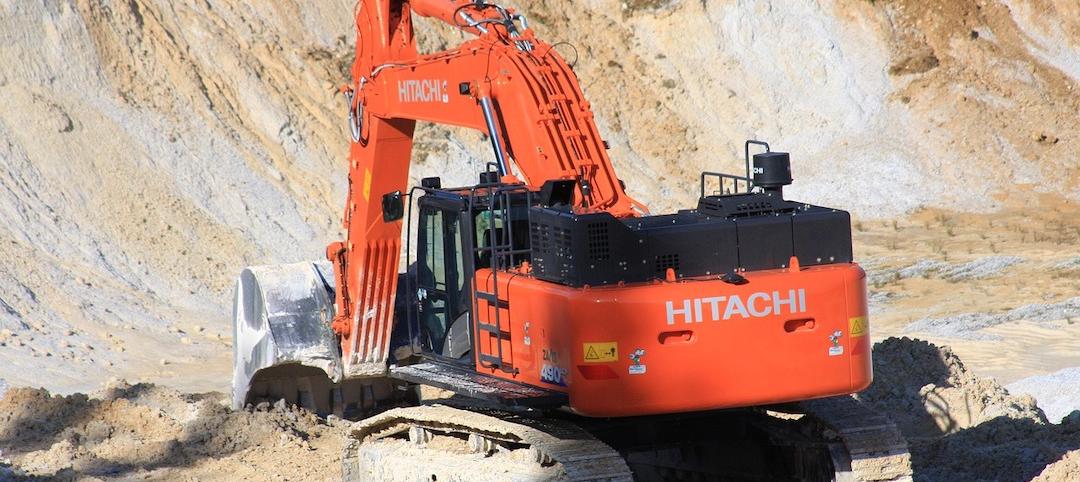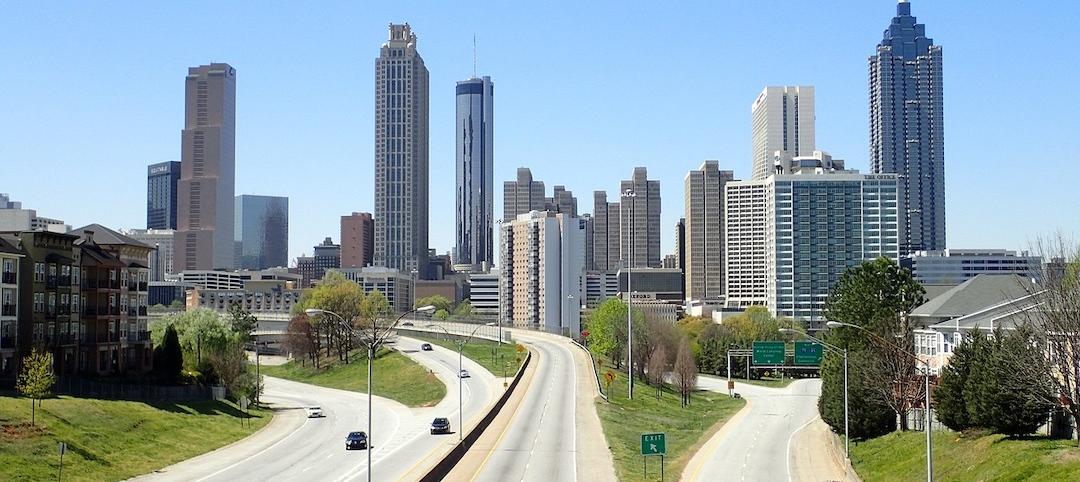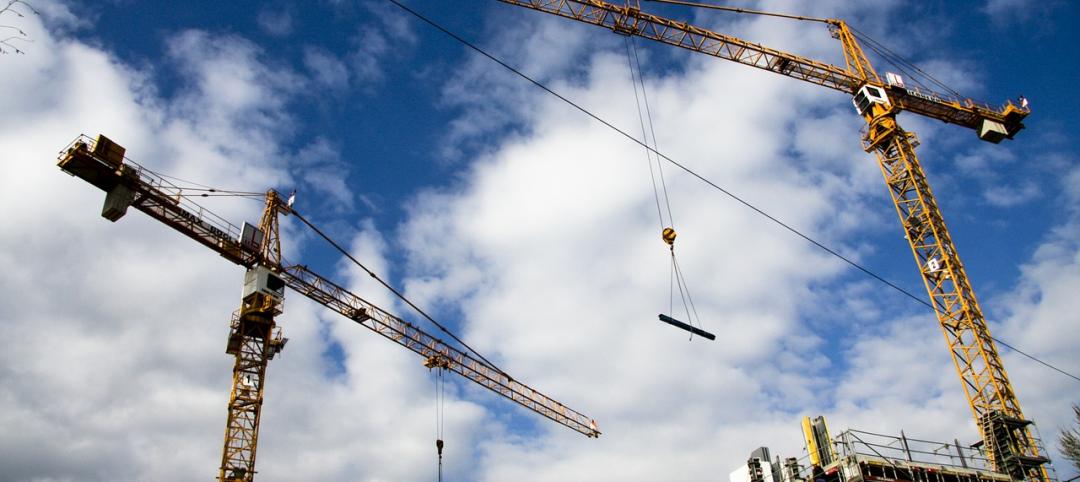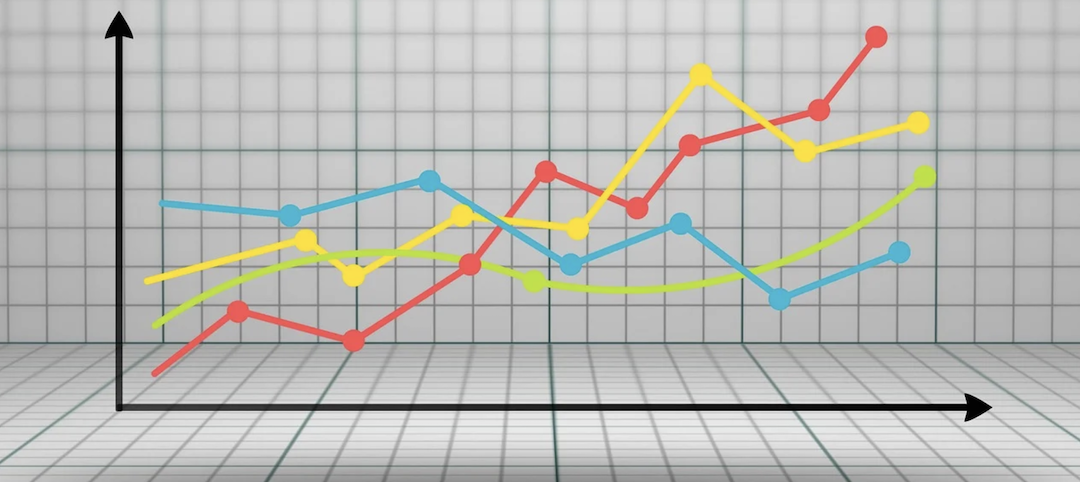The Washington D.C. Council recently passed legislation that will make it more expensive for owners to hold vacant or blighted property.
The Vacant Property Enforcement Act of 2016 reduces the maximum amount of time a vacant property can qualify for an exemption from higher vacancy tax rates. It also closes a loophole that allows continuous renewal of construction permits to qualify for tax exemptions, and require owners of vacant properties to prove they are no longer subject to the higher tax rates.
"The District has a substantial number of vacant properties, many of which are poorly maintained,” the bill report says. "Property owners may keep their properties vacant or fail to maintain them because they expect property values to rise over time. Poorly maintained and vacant properties can damage surrounding communities by being eyesores, by serving a venue for drug use and by providing a home for rodents or other animals. The net effect is to reduce the feeling of a cohesive community and depress surrounding property values."
The legislation reduces the time an owner can claim an exemption from higher taxes because of construction to one year for residential properties and to two years for commercial properties. Fines for failing to comply with city property regulations will rise from $1,000 to $5,000.
Related Stories
Codes and Standards | Dec 16, 2021
Home builders defeat proposed Oklahoma energy conservation code upgrade
Builders cite high home prices for opposition.
Codes and Standards | Dec 16, 2021
Laws and regulations complicate growth of community solar gardens
New projects stymied by utility resistance and legislative restrictions.
Codes and Standards | Dec 16, 2021
Property owners need systematic approach to GHG emissions reduction
Energy hog buildings at risk for becoming stranded assets.
Codes and Standards | Dec 15, 2021
Design problems now the primary cause of construction claims and disputes
More likely to occur due to more tight timescales imposed upon third parties engaged in design.
Codes and Standards | Dec 13, 2021
ABC releases guide to technology for improving safety performance
Provides details on how to identify, choose, and implement technology.
Codes and Standards | Dec 8, 2021
Construction industry is the top target for cyberattacks
Smart building tech is a new avenue for criminals.
Codes and Standards | Dec 8, 2021
Proposals to add more multifamily to Atlanta prompt drive for Buckhead to secede
City aims to increase housing as projections point to sharp population increase.
Codes and Standards | Dec 7, 2021
Design problems now the primary cause of construction claims and disputes
More likely to occur due to more tight timescales imposed upon third parties engaged in design.
Codes and Standards | Dec 5, 2021
New standard for Phase I environmental reports requires more research work on many sites
Update affects around 250,000 commercial real estate transactions a year.
Codes and Standards | Nov 30, 2021
Dept. of Energy publishes RFP for technical assistance on supporting better building codes
Addresses advanced standards to reduce energy consumption and GHG emissions.



